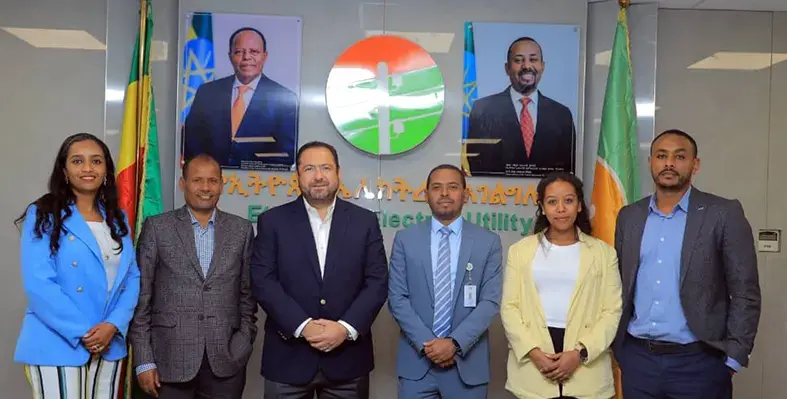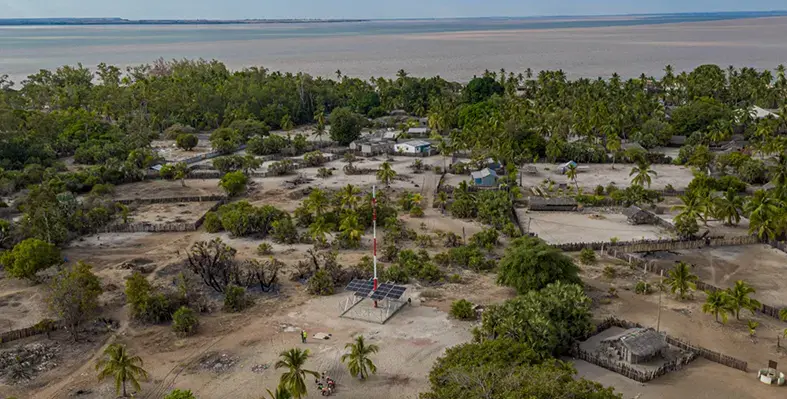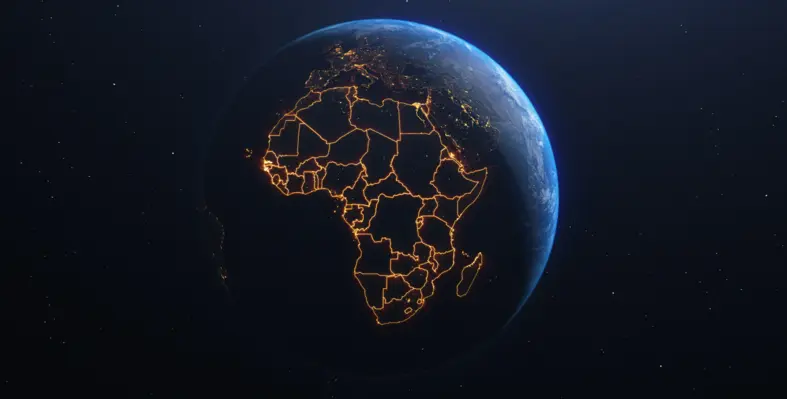Wingu Africa, a leading carrier-neutral data centre operator in East Africa, has announced a colocation partnership with Ethiopian Electric Utility (EEU) to strengthen digital infrastructure
Under the collaboration, EEU has deployed critical infrastructure within Wingu Africa’s Tier III-certified facility in Addis Ababa, ensuring greater reliability, security, and efficiency for its digital operations.
The partnership underscores the vital role that secure, high-availability data centres play in enabling national utilities and enterprises to modernise and scale their services.
The collaboration marks a step forward in EEU’s digital transformation journey.
By hosting its infrastructure within Wingu Africa’s state-of-the-art colocation environment, EEU is enhancing the resilience of its digital services and positioning itself to better serve millions of customers across Ethiopia.
“This partnership with Wingu reflects our vision to modernise the way we deliver electricity services in Ethiopia,” said Michael Debela, CIO at EEU.
“By strengthening the resilience of our digital infrastructure, we are improving the reliability of our operations and laying the foundation for smarter energy services that meet the needs of our citizens.”
Demos Kyriacou, Wingu’s deputy CEO, COO and co-founder, said the implementation was completed seamlessly, with the infrastructure now fully active and operational.
“We are honoured to support Ethiopian Electric Utility in this important milestone,” said Kyriacou.
The collaboration also underscores the growing synergy between the energy and technology sectors, a theme that is being echoed not only in Ethiopia, but across Africa and beyond.
“Hosting mission-critical infrastructure in our Tier III-certified environment ensures the highest levels of security, efficiency and uptime,” Kyriacou added.
“Together, we are building a foundation for Ethiopia’s energy and digital future.”
Read more
Phoenix 30MW Ethiopian energy deal for data mine


















